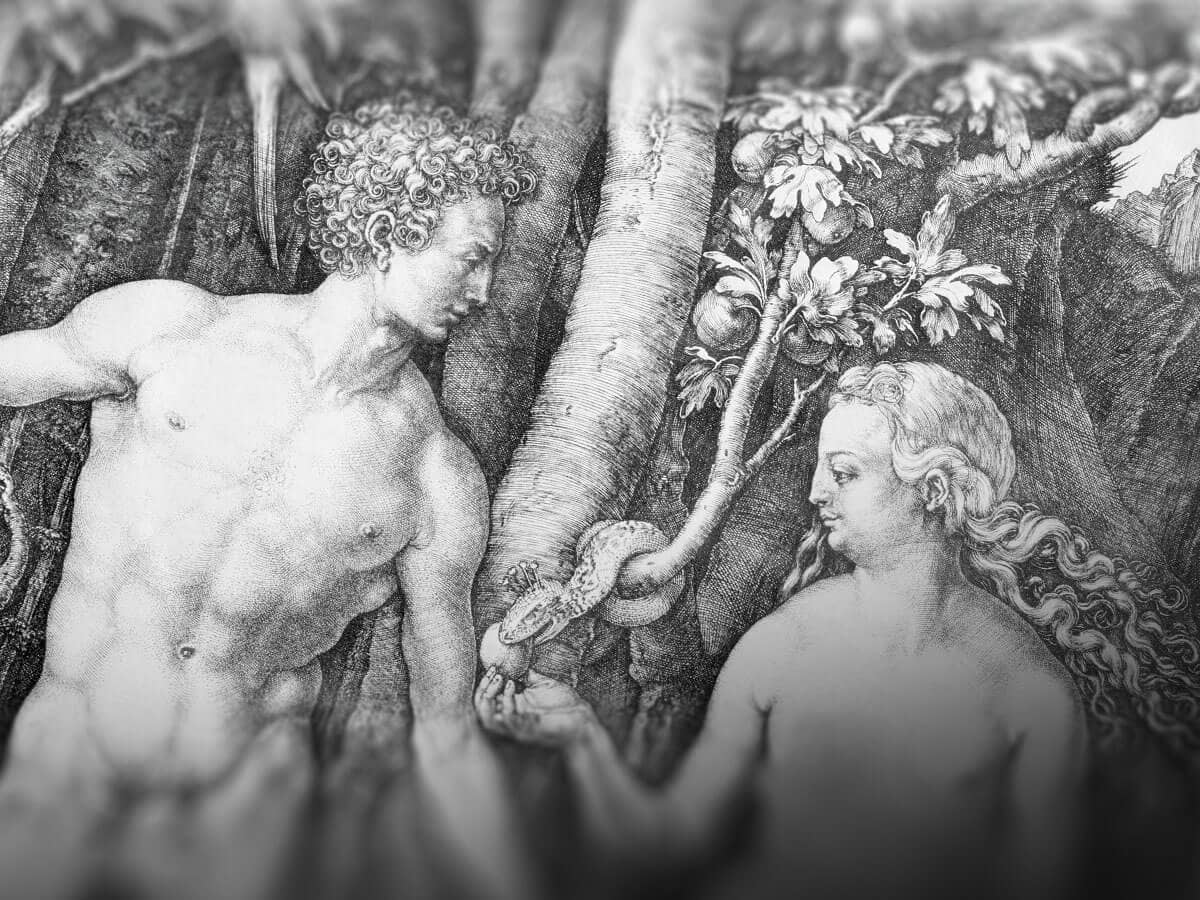What is your new book about, I Kings: Torn in Two?
The Book of Kings can be impenetrable for some readers due to its complicated timeline and wealth of details. I Kings: Torn in Two seeks to serve as a companion volume, making Kings easily accessible, unpacking its messages and weaving the various threads of Kings into a meaningful tapestry.
How did you come to write your book?
I have taught Bible in Jerusalem for over 20 years. I wanted to share my classroom experience in a book. I love bringing the stories to life with a modern relevance, placing the biblical narrative in its historical and geographical context, the biblical figures as living, complex personalities. This helps us absorb the powerful spiritual lessons of the prophetic books.
Sometimes we study the text and then step outside the classroom to visit the sites at which the ancient events transpired: Shiloh, for example, in the footsteps of Samuel, or the City of David, imagining the historic events which transpired at that momentous place. At these moments, I see the light shine in my students’ eyes as they begin to synchronize with the contours of the text. I hope that some of that excitement comes through in this volume.
Why is the book given the subtitle," Torn in Two"?
First, it reflects the division of the nation into two kingdoms. But in a deeper sense, it is a reference to the inner conflicts of the characters in the book: Israel struggles between its commitment to God and the idolatry of Baal, wavering "between two opinions.” King Solomon is torn between his imperial wealth on the one hand, and adherence to God on the other. Ahab wavers between God and Baal, and between Jezebel and Elijah. Kings is full of this-worldly religious dilemmas and clashing cultural forces. Many of the struggles depicted in Kings can be reflected in our own personal and national conflicts.
Can you give us an example of a message for our age?
Solomon starts his career in a humble manner. He builds an empire, in which the Temple is the central institution, in the hope that the world will come to recognize the one true God. However, in building that empire, Solomon gets lost. He becomes so occupied with grandeur and power that the wealth overwhelms him. Sometimes we too have principles and values and we fail to realize those high ideals. At times, the most important thing sget lost in the pressures of everyday life.
You live in Israel. Did that influence the writing of this book?
I couldn't imagine writing this book outside of Israel. For me, the entire Bible is interwoven with our national existence, flowing out of the text and into the hills and valleys of our beloved land, through the battlefields and the corridors of government, and to our collective life as a nation-state. The Jewish national return to the Land of Israel has reconnected us with our national drama in a palpable way.
I Kings: Torn in Two by Alex Israel is the second volume in the Maggid Studies in Tanakh. It is published by Maggid Books, a division of Koren Publishers Jerusalem, available at www.korenpub.com and at Jewish bookstores everywhere.


